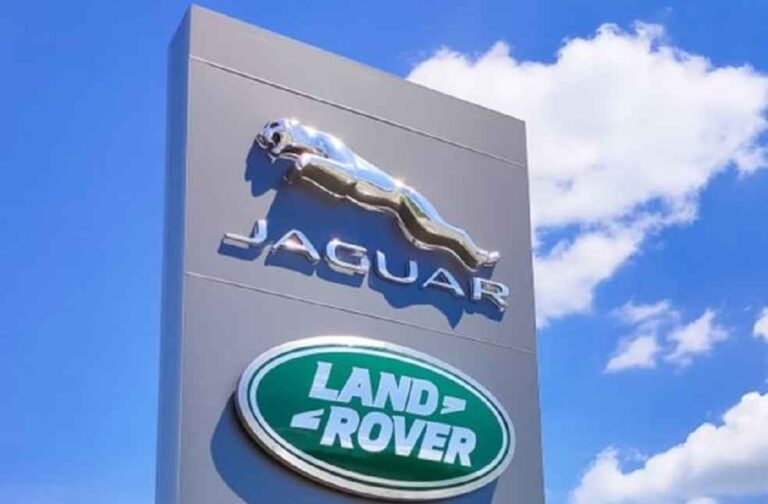A cyber-attack that forced Jaguar Land Rover (JLR) to shut down operations for five weeks has driven UK car production to its lowest September level since 1952, according to data from the Society of Motor Manufacturers and Traders (SMMT).
JLR halted all manufacturing after its IT systems were compromised, suspending production at its three UK plants in Solihull, Wolverhampton, and Halewood. As a result, the company did not produce a single vehicle in September, causing overall UK car output to fall by 27% to just over 51,000 units.
The SMMT attributed most of the decline to JLR’s shutdown, noting that other automakers maintained stable output during the period. The incident is estimated to have cost £1.9 billion, making it the most economically damaging cyber event in UK history.

Research by the Cyber Monitoring Center (CMC) found that around 5,000 businesses were affected, with full recovery not expected until January 2026.
Production is now resuming gradually across JLR’s facilities. The company, which manufactures models such as the Jaguar I-Pace and Range Rover Sport, is the UK’s second-largest automaker after Nissan.
Total vehicle production, including commercial vehicles, slumped by 35.9% in September compared to a year earlier, to around 54,300 units. Exports also fell sharply, down 24.5%, with major destinations including the EU, the U.S, Turkey, Japan, and South Korea.
Mike Hawes, SMMT chief executive, said the impact was unsurprising. “September’s performance comes as no surprise, given the total loss of production at Britain’s biggest automotive employer following a cyber incident. While the situation has improved, the sector remains under immense pressure,” he said.

So far this year, UK factories have produced 582,250 vehicles, 15.2% fewer than at the same point in 2024.
Industry experts believe the disruption will be temporary. Ian Plummer, chief commercial officer at Autotrader, described the shutdown as “a severe but short-term issue,” adding that demand for JLR vehicles remains strong. “It’ll be a bit like Covid, once the shutdown ends, we’ll likely see a surge in demand and sales,” he said.
The broader industry faces further uncertainty as the government reviews tax incentives for Employee Car Ownership Schemes (ECOS). Hawes warned that scrapping such tax breaks could undermine efforts to restore UK car production to 1.3 million vehicles annually.
He urged swift policy interventions to strengthen competitiveness and supply chain resilience, which he said are essential for supporting recovery and long-term growth.
NEW LAUNCH | Uber, WeRide Launch First Autonomous Robotaxi Service in Riyadh





